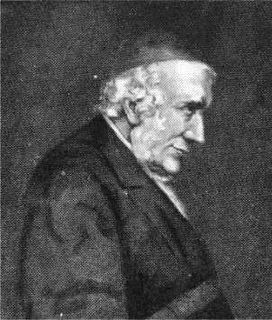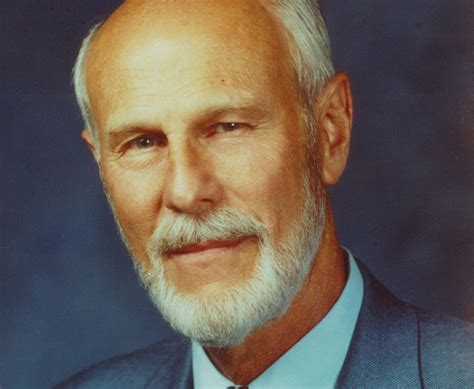A Quote by Dorothy L. Sayers
God wastes nothing - not even sin. The soul that has struggled and come through is enriched by it's experiences, and Grace does not merely blot out the evil past but in the most literal sense "makes it good."
Related Quotes
Oh! Could you but see the beauty of a soul in the grace of God, you would be so much enamored of it that you would do nothing else but ask souls of God; and, on the contrary, could a soul in mortal sin be placed before your eyes, you would do nothing but weep, and you would hate sin more than the devil himself, and always pray for the conversion of sinners.
In the story of the Creation we read: ". . . And behold, it was very good." But, in the passage where Moses reproves Israel, the verse says: "See, I have set before thee this day life and good, and death and evil." Where did the evil come from? Evil too is good. It is the lowest rung of perfect goodness. If you do good deeds, even evil will become good; but if you sin, evil will really become evil.
When a man is in God's grace and free from mortal sin, then everything that he does, so long as there is no sin in it, gives God glory and what does not give him glory has some, however little, sin in it. It is not only prayer that gives God glory but work. Smiting on an anvil, sawing a beam, whitewashing a wall, driving horses, sweeping, scouring, everything gives God some glory if being in his grace you do it as your duty.
If Jesus is not God, then there is no Christianity, and we who worship Him are nothing more than idolaters. Conversely, if He is God, those who say He was merely a good man, or even the best of men, are blasphemers. More serious still, if He is not God, then He is a blasphemer in the fullest sense of the word. If He is not God, He is not even good.
Faith is a living, bold trust in God's grace, so certain of God's favour that it would risk death a thousand times trusting in it. Such confidence and knowledge of God's grace makes you happy, joyful and bold in your relationship to God and all creatures. The Holy Spirit makes this happen through faith. Because of it, you freely, willingly and joyfully do good to everyone, serve everyone, suffer all kinds of things, love and praise the God who has shown you such grace.
Guidance, like all God's acts of blessing under the covenant of grace, is a sovereign act. Not merely does God will to guide us in the sense of showing us his way, that we may tread it; he wills also to guide us in the more fundamental sense of ensuring that, whatever happens, whatever mistakes we may make, we shall come safely home. Slippings and strayings there will be, no doubt, but the everlasting arms are beneath us; we shall be caught, rescued, restored. This is God's promise; this is how good he is.
It is no strain of metaphor to say that the love of God and the wrath of God are the same thing, described from opposite points of view. How we shall experience it depends upon the way we shall come up against it: God does not change; it is man's moral state that changes. The wrath of God is a figure of speech to denote God's unchanging opposition to sin; it is His righteous love operating to destroy evil. It is not evil that will have the last word, but good; not sorrow, but joy; not hate, but love.
Take steadily some one sin, which seems to stand out before thee, to root it out, by God's grace, and every fibre of it. Purpose strongly, by the grace and strength of God, wholly to sacrifice this sin or sinful inclination to the love of God, to spare it not, until thou leave of it none remaining, neither root nor branch.
[T]he main problem in life is sin, and the only solution is God and his grace. The alternative to this view is to identify something besides sin as the main problem with the world and something besides God as the main remedy. That demonizes something that is not completely bad, and makes an idol out of something that cannot be the ultimate good.
We desperately need to understand something of the magnitude of sin, of evil, and of gross wickedness in this world if we are to appreciate our redemption. God's love, grace, and mercy shine all the brighter against the awful reality of evil. Indeed, the very existence of evil is a powerful proof of God's existence and holiness.
Through humility, soul-searching, and prayerful contemplation we have gained a new understanding of certain dogmas. The church no longer believes in a literal hell where people suffer. This doctrine is incompatible with the infinite love of God. God is not a judge but a friend and a lover of humanity. God seeks not to condemn but only to embrace. Like the fable of Adam and Eve, we see hell as a literary device. Hell is merely a metaphor for the isolated soul, which like all souls ultimately will be united in love with God.



































